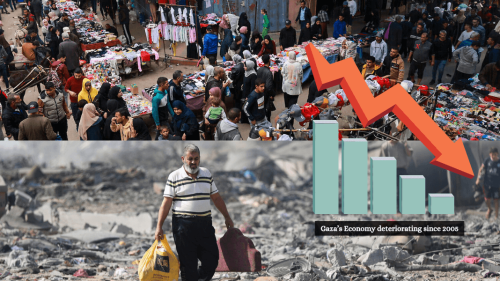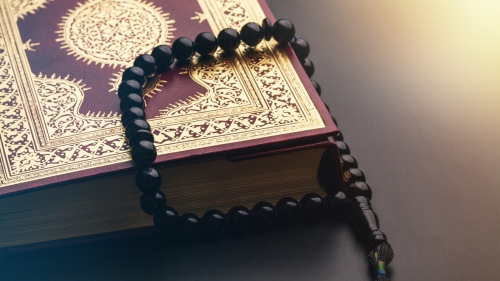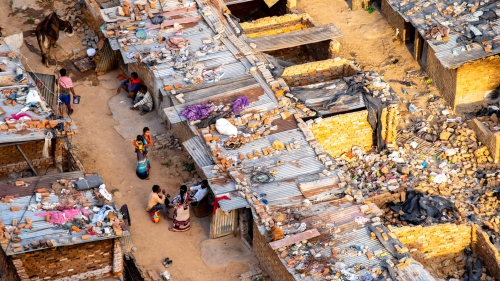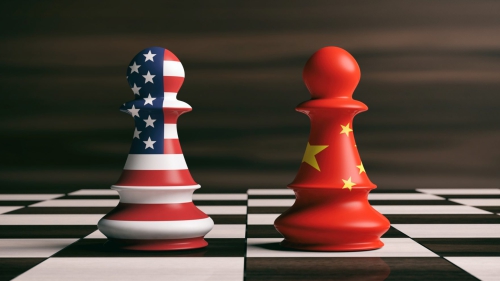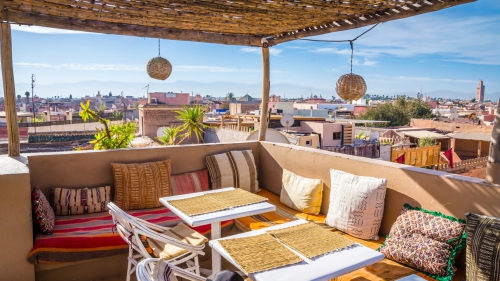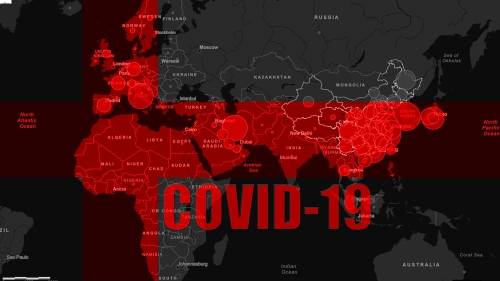World Bank: Time for New Direction
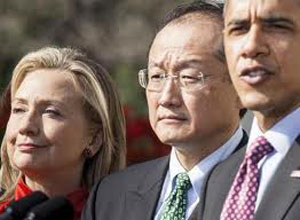 |
On April 16, the majority of the World Bank's 25-member executive board chose the Korean-American physician and anthropologist Jim Yong Kim as its next president, maintaining a seven-decade US lock on the post after the first challenge by candidates from other countries.
Dr. Kim's selection was given support by Europe and the US, which has picked the Bank's president since the institution was founded in 1944. Dr. Kim also won support from major shareholders in advanced and developing economies including Japan, Canada, Mexico, Russia, India and China. Dr. Kim, will become the 12th president of the development institution on July 1.
The leading challenger, Ngozi Okonjo-Iweala, Nigeria's finance minister and a former senior World Bank official, won around 18% of the votes from twenty-five World Bank executive directors in the poll on April 16, according to people close to the process. Brazil, Argentina, Switzerland and all three African directors voted for her despite US political pressure for a consensus.
Former World Bank official Nancy Birdsall, president of the Center for Global Development, a Washington think tank, called the contested race as a historic development for the bank. "It's a way for emerging-market economies to make clear that they want more influence," she said.
Currently, some of the largest countries that have long been recipients of World Bank loans, such as China and India, are now emerging-market powerhouses that can borrow on their own in markets to finance development projects. "The bank cannot rely anymore on its old model of lending significantly large amounts of money to these countries," said Uri Dadush, a former World Bank official now at the Carnegie Endowment for International Peace. "It has to move towards being more of a knowledge bank, a specialist in a large number of sectors," he said.
Dr. Kim will take over an institution whose mission is becoming less clear. Major charitable groups have become increasingly powerful in some of the World Bank's core areas like global health. Some say that the Bank is without a single strong mandate or mission. William Easterly, a director of New York University's Development Research Institute, reportedly said: "The World Bank does not have any obvious role in the current world environment. It is in a state of crisis."
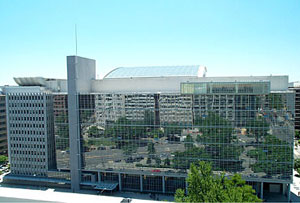 |
| World Bank Headquarters, Washington, D.C. |
Dr. Kim's first challenge will be to set out a clear vision for the institution. During the selection process he called for an "inclusive" development strategy, including investment in health and education, while nodding to infrastructure, economic growth and climate change.
Dr. Kim will be the bank's first leader drawn from the development world rather than politics or finance. He is not an economist but an anthropologist and a physician. He has been a global public-health expert and president of Dartmouth College, who spent decades working on diseases such as tuberculosis and the AIDS virus.
His willingness to question the conventional wisdom about economic growth implies that he is likely to face significant resistance from the entrenched bureaucracy of the Bank. Not being an economist, he will be regarded as an "outsider," and his strength will be his experience as an expert on health and development issues, making the direction of aid more responsive to the needs of its poorer members.
By and large, economists are good in analyzing a financial crisis after it occurs but cannot forecast or predict it. The US financial crisis in 2007 is a case in point.
The truth is that economists cannot explain what drives or de-accelerates economic growth, and the models are inadequate in accounting for most of the cross-country differences in growth. An open-minded approach to seeing what works and what does not, rather than being bound by specific models or theories, might actually be an advantage for Dr. Kim.
Dr. Kim said after his election: "In every single country I've been to, they are really hoping private-sector growth can happen quickly so that jobs can be created," he said, in a telephone interview from Lima, Peru, where he was concluding a "global listening tour."
Dr. Kim was confident he would have "a very strong consensus" at the bank. "The ministers and the heads of central banks and others I spoke with have been very supportive," he said. "I've presented my credentials as a development specialist, as someone who has spent his whole life investing in humans in order to enable them to go down the path of growth," he added.
Furthermore, some insiders say that if Dr. Kim can create alliances with emerging markets he could, with US support, shake up the power structure of the Bank. There is a long-standing demand for reforms in a global financial institution in which developing countries will have a greater say in setting the institution's agenda and make the process of choosing his successor quite different from the one he just had gone through.
The BRICS summit in New Delhi on March 29 expressed unhappiness about the structure of the World Bank. Much attention in the summit focused on the creation of a development bank, to be known as the "South-South Bank," which would fund infrastructure and development.
Dr. Kim's success will depend on how he articulates and implements a clear vision of how the World Bank can improve its deliveries that really matter to the poor around the world, mostly in the Least-Developed Countries -- including Bangladesh.
*****
Barrister Harun Ur Rashid is a former Bangladesh Ambassador to the UN, Geneva.
Source: The Daily Star








